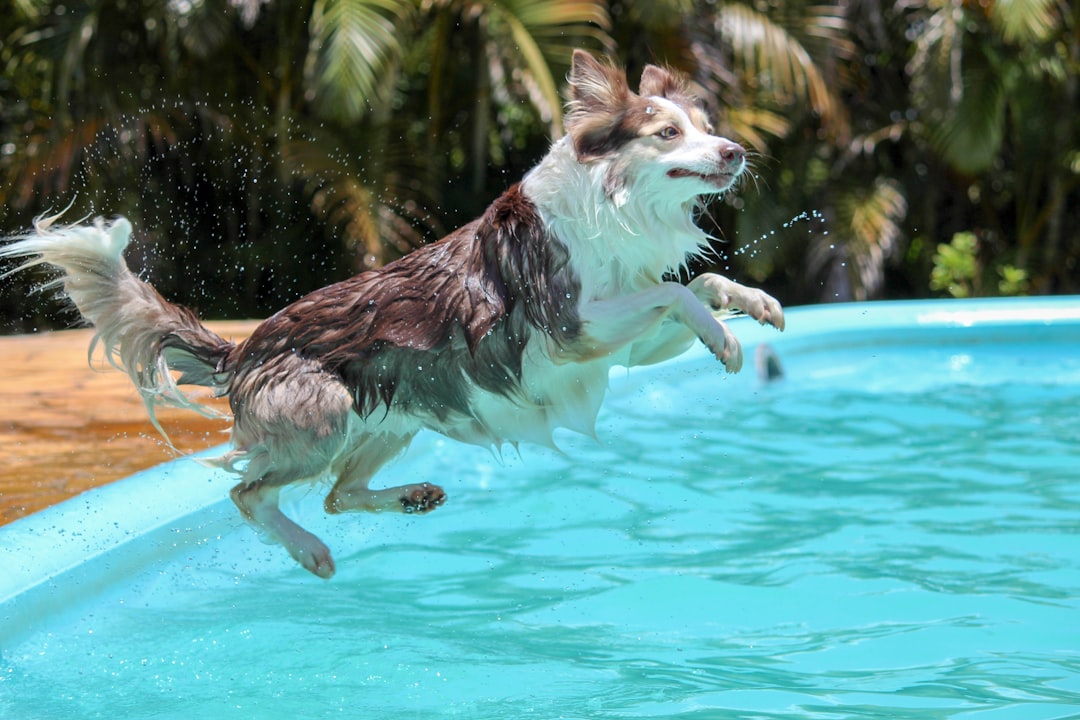Unleash Your Pup’s Potential: How to Build Confidence in an Insecure Dog

Understanding Canine Confidence
Just like humans, dogs can experience varying levels of confidence. Understanding what contributes to a dog’s self-assurance is crucial for owners who want to help their dogs thrive. Let’s explore the signs of low confidence in dogs. Then, we’ll discuss effective strategies to boost their self-esteem.
Signs Your Dog Lacks Confidence
Recognizing the signs of low confidence in your dog is the first step towards helping them. These indicators can be subtle or obvious, depending on your dog’s personality and experiences.
Physical signs often include a lowered body posture, stiff body posture, tucked tail, and ears pulled back. You might notice your dog avoiding eye contact or turning their head away from people or other animals.
Behavioural cues are equally important. A dog lacking confidence will hesitate when confronted with something new. This could be a new place, new people, or new item.
A lack of confidence can show as reluctance to explore new places, being stressed when out on walks, or showing anxiety around unfamiliar people or dogs. As a result, low confidence limits your dog’s life and means they are living with stress anytime they encounter something new.
How to Build Confidence in a Dog
Building confidence in your dog is a rewarding process that strengthens your bond and improves their quality of life. Here are some strategies you can try:
-
Training: Teaching your dog behaviours they can succeed at helps build their problem-solving skills and self-esteem.
-
Socialization: Gradually expose your dog to new people, animals, and places in a controlled, positive manner.
-
Play: Playing games with your dog can boost their trust in you and their confidence.
Remember, consistency is key. Regular training sessions, even if short, can make a significant difference over time.
Need help finding specific activities for building your dog’s confidence? Or confused about the pace that is right for you dog? Consider getting professional help.
Online training for nervous dogs is particularly helpful because it allows you to work from the comfort of your own home. At the same time, you still get expert advice and help to keep you on track and motivated.

